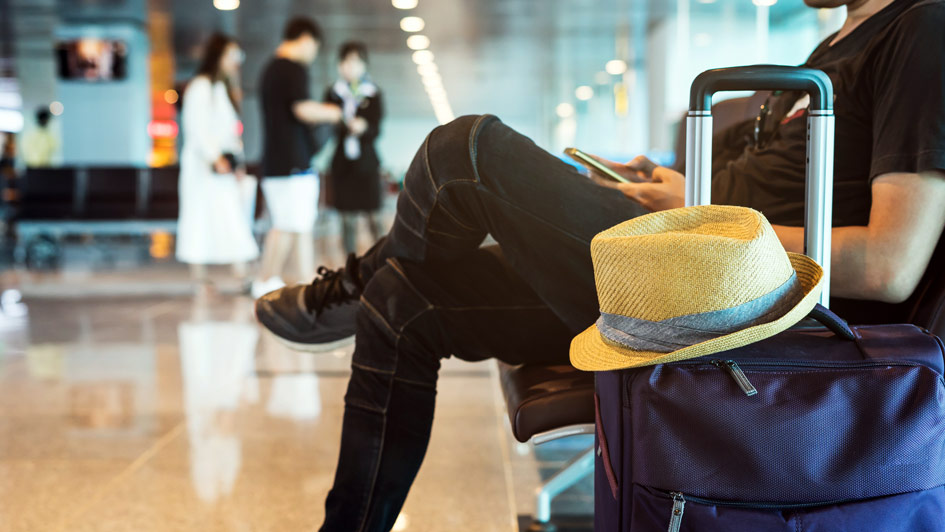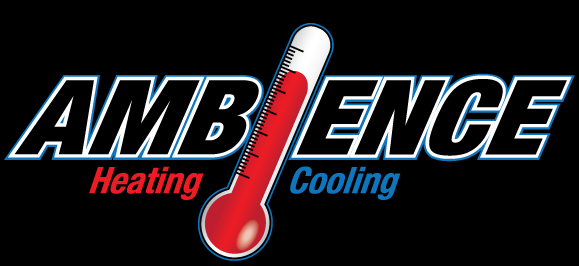
Between a tropical vacation or an extended trip for work, taking a trip means making preparations for your home comfort system. You can't use it if you’re not home, so you can adjust it as appropriate to minimize your energy use. Simultaneously, you shouldn't just turn it off for the entire time you're out of the house.
For the most part, it’s best to leave your HVAC system running and adjust the temperature depending on the time of year. That way you can lower energy costs without worrying about returning to an uncomfortable home. We’ll walk you through why you shouldn’t turn your HVAC system off as well as the ideal thermostat settings for different times of year.
This Is Why You Shouldn’t Leave Your Thermostat Alone
While you may be tempted to turn your HVAC system off before a trip, this can end up causing annoying problems by the time you come back. This is notably true when the weather will be severely hot or cold while you’re away from home.
For instance, shutting the HVAC system off in the summer could lead to very high humidity. Not only will your home feel gross when you come back, but it could have also encouraged mold/mildew growth or pest infestations.
And during the winter, not using the furnace might lead to pipes icing over or even bursting. It’s never fun to return home from a vacation only to come across substantial water damage close to a broken pipe.
Ideal Thermostat Settings While at Work
You can adjust the temperature even when you're just going to work. Because you’re away for 8 hours or more, it doesn’t help your monthly energy bill to keep an empty home at the same temperature you’d usually have. Generally, it’s encouraged to adjust the thermostat by 5 degrees or so. Meaning that if you prefer a comfortable 72 degrees, consider raising it to 76-77 while you’re at work.
But you may save even more if you’re willing to further adjust the temperature. As stated by the Department of Energy, you might save nearly 10% on your HVAC spending by raising the temperature by about 7-10 degrees.
Ideal Thermostat Settings While on Vacation in Summer
If you're on an extended trip in the hottest part of summer, you can make larger adjustments. This ensures you don’t waste energy while still safeguarding your home from the hassles that come with leaving it un-air conditioned. Around 5 degrees is suitable for brief trips while closer to 10 degrees is ideal if you’ll be away from home for 2 weeks or more. If you prefer keeping the house at 72 in the summer, 78-82 can offer the best results.
Ideal Thermostat Settings While on Vacation in Winter
To figure out the ideal thermostat setting for a winter vacation, consider lowering the temperature by the same amount you would adjust it in summer. 68 is a common winter thermostat setting, so adjusting to 63-58 will keep your plumbing safe while limiting how often your furnace operates.
A Smart Thermostat Can Help: Advantages of a Smart Thermostat
One of the best ways to regulate your home’s HVAC system while away is with a smart thermostat. This special type of programmable thermostat utilizes intelligent software to understand your preferred comfort habits. It applies these preferences and makes automatic adjustments to the schedule for higher energy efficiency. And with Wi-Fi integration, you can remotely access your heating and cooling from a smart device like a phone or tablet.
Smart thermostats are stuffed with features to help you save energy and lower costs. To provide an example, some models can monitor electricity prices to boost heating or cooling when prices are more affordable. They can also work with high-efficiency, variable-speed equipment to refine how long your HVAC system should run. It’s the ideal tool to streamline how you control your comfort system. If you’re thinking about investing in a smart thermostat, there are different ways you can reduce your costs, in essence getting a smart thermostat for free. The next time you leave for vacation, you can appreciate true peace of mind that your HVAC system won’t cause any trouble while you’re away from home.
